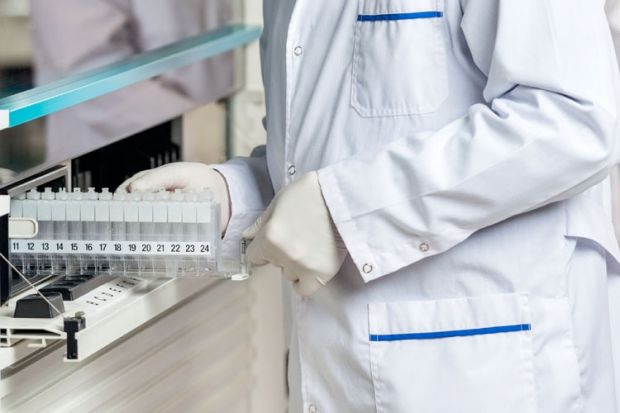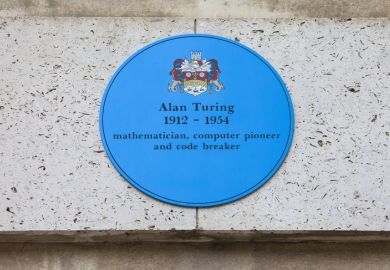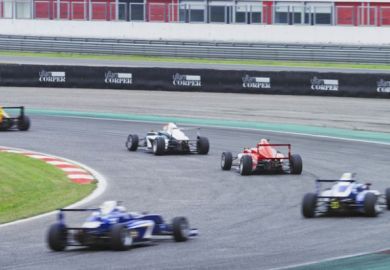The laboratory of Frances Ashcroft, the Oxford geneticist, has suffered its third retraction in three years after an investigation found that a former member of her research group had committed research misconduct.
According to the retraction notice for “Nicotinamide nucleotide transhydrogenase: a key role in insulin secretion”, which Cell Metabolism published in 2006, it has been retracted because of image manipulation discovered during an investigation by the Medical Research Council into the paper’s first author, former PhD student Helen Freeman.
It adds that the relevant experiments have been repeated successfully by other members of the group of Professor Ashcroft, Royal Society GlaxoSmithKline research professor at the University of Oxford.
Nevertheless, “given the conclusion of scientific misconduct against the first author, the authors think the most responsible course is to retract the paper”.
An image in another 2006 paper of which Dr Freeman is first author, published in the journal Diabetes, has also been replaced in light of the investigation’s finding that the original image had been “inappropriately manipulated” by Dr Freeman.
As noted by the Retraction Watch website, Professor Ashcroft’s lab has had two other papers retracted recently, although Dr Freeman was not involved. A 2007 Journal of Neuroscience paper was retracted in 2011, as was a 2008 Proceedings of the National Academy of Sciences paper the following year. Postdoctoral researcher Xiaosong Ma was first author of both. An Oxford spokesman said that a university investigation had found “problems” in his data presentation. “But [he] had moved back to China and could no longer be contacted…No others were involved.”
Tony Peatfield, director of corporate affairs at the MRC, said that it had investigated Dr Freeman because she had been working at the MRC’s Mammalian Genetics Unit at the Harwell Science and Innovation Campus. He added that it had found no evidence of misconduct by anyone else. As she was no longer active in research, no formal sanctions against her had been initiated.
Professor Ashcroft declined to comment.
Register to continue
Why register?
- Registration is free and only takes a moment
- Once registered, you can read 3 articles a month
- Sign up for our newsletter
Subscribe
Or subscribe for unlimited access to:
- Unlimited access to news, views, insights & reviews
- Digital editions
- Digital access to THE’s university and college rankings analysis
Already registered or a current subscriber? Login





